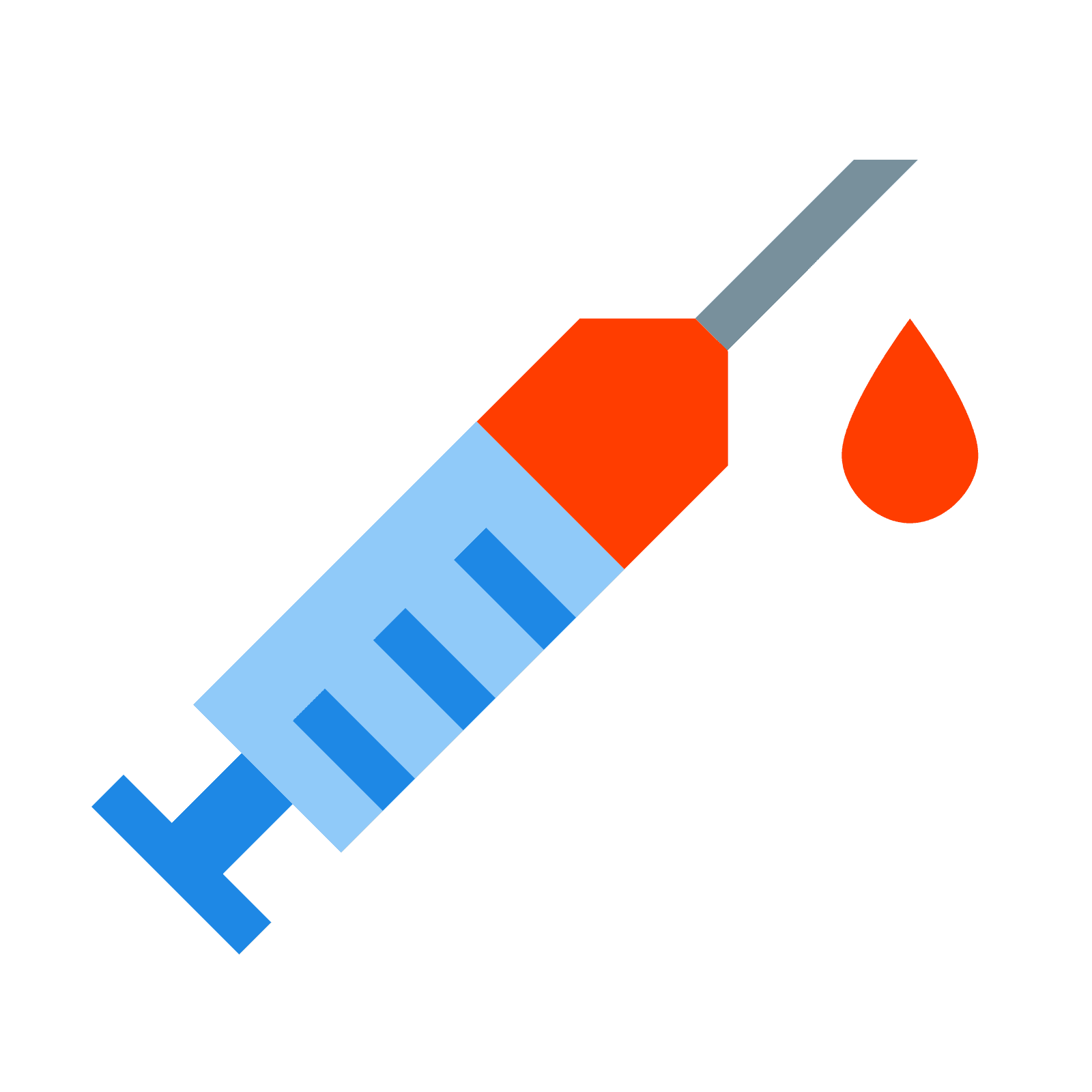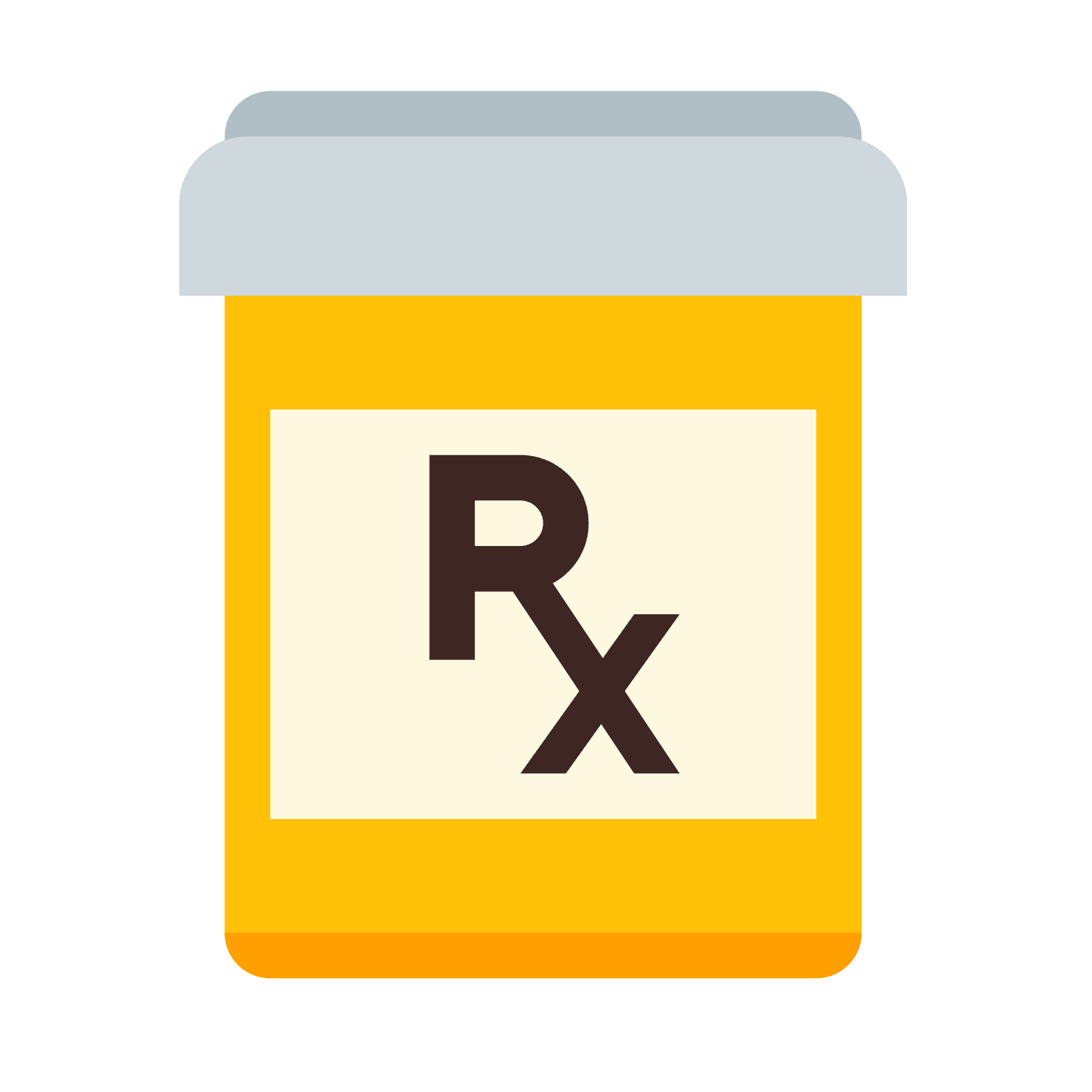
The Basics
HIV
What is HIV? Learn how to prevent, manage, and treat HIV with safe practices, lifestyle, and medicine.
Medically Reviewed By:
Dr. Martha Sanchez
Last Updated:
December 30th, 2022
What is HIV?
HIV is a virus that attacks our body’s immune cells. These cells normally help our body fight infection. HIV is harmful on its own, and it makes our bodies vulnerable to other diseases. AIDS is a later stage of HIV.

Stages of HIV
Stage 1: Acute HIV – In the first 2-4 weeks after an infection, HIV begins as Acute HIV. About 2/3 of people infected with HIV get flu-like symptoms at first:
Fever
Chills
Rashes
Night sweats
Muscle aches
Sore throat
Fatigue
Swollen lymph nodes
Mouth ulcers
These symptoms can last anywhere from a few days to a few weeks.
Stage 2: Chronic HIV Infection (also called Clinical Latency) – Then, the sickness and symptoms go away, but the virus is still multiplying at low levels. Even though the pain is gone, it’s important to seek treatment because the virus can worsen and spread.
Stage 3: AIDS – AIDS is the final stage of HIV. The virus has badly weakened our body, so other infections can easily hurt us. After an AIDS diagnosis, people (on average) live 3 years if they get treatment, and 1 year if they stay untreated.
Not all HIV progresses to AIDS, and with proper treatment, you can prevent AIDS.
How Can You Tell if You Have HIV?

Symptoms can help suggest HIV, but we can’t rely on them. Some patients have HIV with no symptoms. Some patients have HIV-like symptoms that are caused by another disease.
The only way to tell for sure is an HIV test. You can get tested at an HIV testing center nearby. Or you can buy a 20-minute HIV rapid test.
If you have HIV, your doctor may test you for Viral Load and Immune System Health.
An important number is your CD4 count. CD4 cells are white blood cells that tell your immune system to fight viruses, bacteria, and other germs that could make you sick. The number of CD4 cells is a good marker for your immune system’s strength.
Treatment
HIV cannot be cured. It won’t go away like other diseases. But, treatment is important for HIV because it prevents progression. If you get HIV treatment, you could live a long and healthy life, without AIDS, and not spread HIV.
To treat HIV, your doctor may prescribe Antiretroviral Therapy (ART). This controls the HIV virus. It might be a few different pills, or all combined into one, taken every day.
ART can reduce the HIV viral load so low that it can’t even be detected by a lab, called Undetectable Level Viral Load. This can happen in under 6 months of treatment.
It’s important to stick to the ART regimen exactly as your doctor tells you, so the virus can’t catch a break to develop resistance.
During treatment, its also important to stay healthy with lifestyle changes. You can help your body fight HIV:

Staying Healthy with HIV
Eating nutritious foods, and eating enough, as HIV might affect your hunger.
Practicing regular exercise
Hygiene – since HIV weakens our immune system, just a regular infection can be dangerous. it’s important to keep our mouth and body clean.
Avoid Smoking – Smoking increases the risk of lung cancer. Also, it risks infections like Thrush (oral candidiasis) and oral hairy leukoplakia, which are already vulnerable with HIV.
HIV Spread

HIV is spread through
Blood
Semen and pre-seminal fluid (pre-cum)
Rectal fluids
Vaginal fluids
Breast milk
In practice, this can be sex, sharing needles for injections, and from a mother to their child during pregnancy and breastfeeding.
Prevent Transmission

During Sex
Condoms are highly effective at preventing HIV and other Sexually Transmitted Infections.
In general, oral sex is much safer than vaginal sex, and vaginal sex is safer than anal sex.
You can always choose abstinence (not having sex). Abstinence completely prevents HIV transmission from sex.

If Injecting Drugs
Never share needles. Always use a new and clean needle when injecting drugs.
Some pharmacies sell needles and syringes without a prescription.
A needle and syringe can be disinfected with bleach and clean water. This is not as safe as a new syringe and needle, but it reduces the risk of spreading HIV and hepatitis.
You can always choose not to inject drugs.

PrEP & PEP
Pre-Exposure Prophylaxis (PrEP) is a medication that’s highly effective at preventing HIV when used before sex or injection drugs.
Post Exposure Prophylaxis (PEP) is a medication to help reduce the risk of HIV after a possible exposure. PEP is only for emergency situations. PEP can work up to 72 hours after HIV exposure.
Testing & Care (Private and Confidential)

Testing: https://gettested.cdc.gov/ The CDC has a database of free, affordable, or confidential centers to get tested or buy an HIV test. You just enter your zip code and the system will find centers near you.
Care: The Ryan White HIV program is a government-run program that cares for patients with low-income and HIV. Ryan White helps with preventing HIV, HIV testing, doctors, treatment, housing, transportation, and insurance. You just enter your zip code and the system will find centers near you.https://findhivcare.hrsa.gov/
